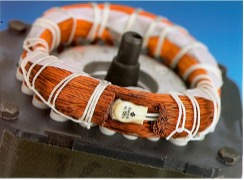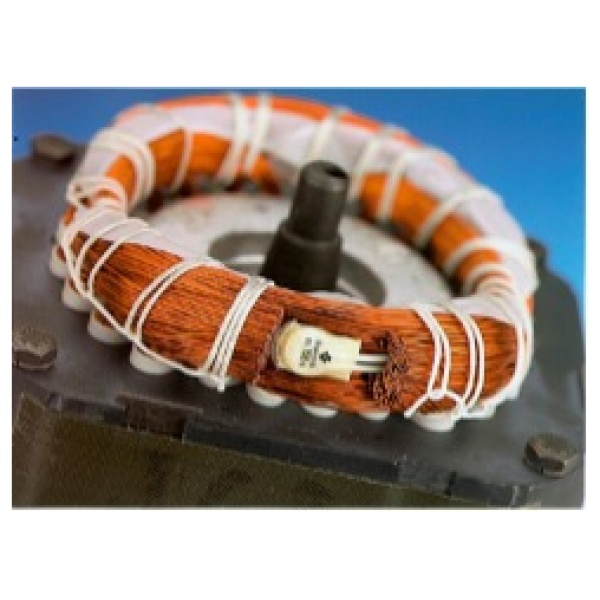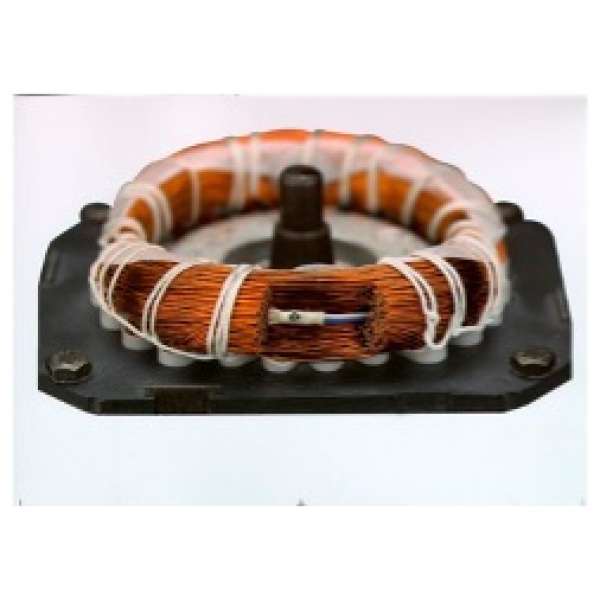C05 |
S05 |
L05 |
F05 |
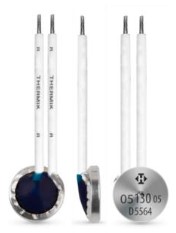 |
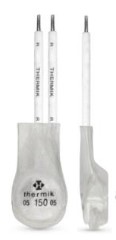 |
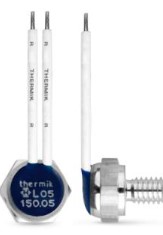 |
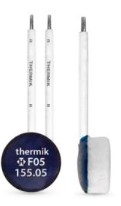 |
| Switching type | NC contact C05 resetting | NC contact S05 resetting | NC contact L05 resetting | NC contact F05 resetting | ||
| insulated: Housing | no | Yes | yes | yes | ||
| Temperature | ||||||
| Nominal switching temperature (NST) [°C] in 5K steps |
50 – 200 | |||||
| Tolerance range -Standard Tol [ [K] | ± 5 | |||||
| Reverse Switch Temperature (RST below NST) UL (K) VDE [ °C] |
-35 ± 15 ≥ 35 |
|||||
| Tension | ||||||
| max. operating voltage range up to … | 500 V AC / 14 V DC | |||||
| Rated voltage AC [VAC] | 250 (VDE), 277 (UL) | |||||
| Current/switching cycles | ||||||
| Rated current AC – cos φ = 1.0 [A] / [n] | 6,3 /10’000 | |||||
| Rated current – cos φ = 0.6 [A] / [n] | 4,0 / 10’000 | |||||
| max. Switching current – cos φ = 1.0 [A] / [n] | 10,0 / 3’000 20,0 / 300 | |||||
| Rated current AC – cos φ = 0.4 [A] / [n] | 4,6 / 10’000 | |||||
| max. Switching current AC- cos φ = 0.4 [A] / [n] | 18,4 / 1’000 | |||||
| Rated voltage DC [A] / [n] | 12 | |||||
| Max. Switching current DC [A] / [n] | 40,0 / 10’000 | |||||
| Additional specifications | ||||||
| High-voltage strength [kV] | — | 2 | 2 | |||
| Total bounce time [ms] | < 1 | |||||
| Contact resistance (according to MIL-STD R5757) [mΩ] | 50 | |||||
| Vibration resistance 10 … 60 Hz [m/s2] | 100 | |||||
| Compressive strength of the switch housing [N] | 300 | |||||
| Suitable for installation in protection class | I | I + II | I + II | |||
| Impregnation resistance | suitable | |||||
| Available Licenses and Approvals | ||||||
| please specify | IEC, ENEC, VDE, UL, CSA, CQC, CMJ | IEC, ENEC, VDE, UL, CSA, CQC | ||||
| Dimensions (standard) | ||||||
| Diameter Ø d [mm] | 11,0 | 11,4 | 12,0 | 11,4 | ||
| Installation height (with standard connection) h [mm] | from 5.0 | from 5.4 | from 8.0 | from 6.5 | ||
| Length of insulation cap l [mm] | — | 19,0 | — | — | ||
| Thread (size x length ) [M x mm] | — | — | M6 x 8 | — | ||
| Width across flats/ max. Torque [SW/Nm] | — | — | 13/8 | — | ||
| Standard connection | Stranded wire: 0.5 mm2 / AWG 20 | |||||
| C05 | S05 | L05 | F05 |
 |
 |
 |
 |
Note
The data and information provided are based on tests and test series. They are intended as a guide, which is why there may be deviations for individual applications and uses. The suitability in a specific application must be checked by the user in each individual case.



